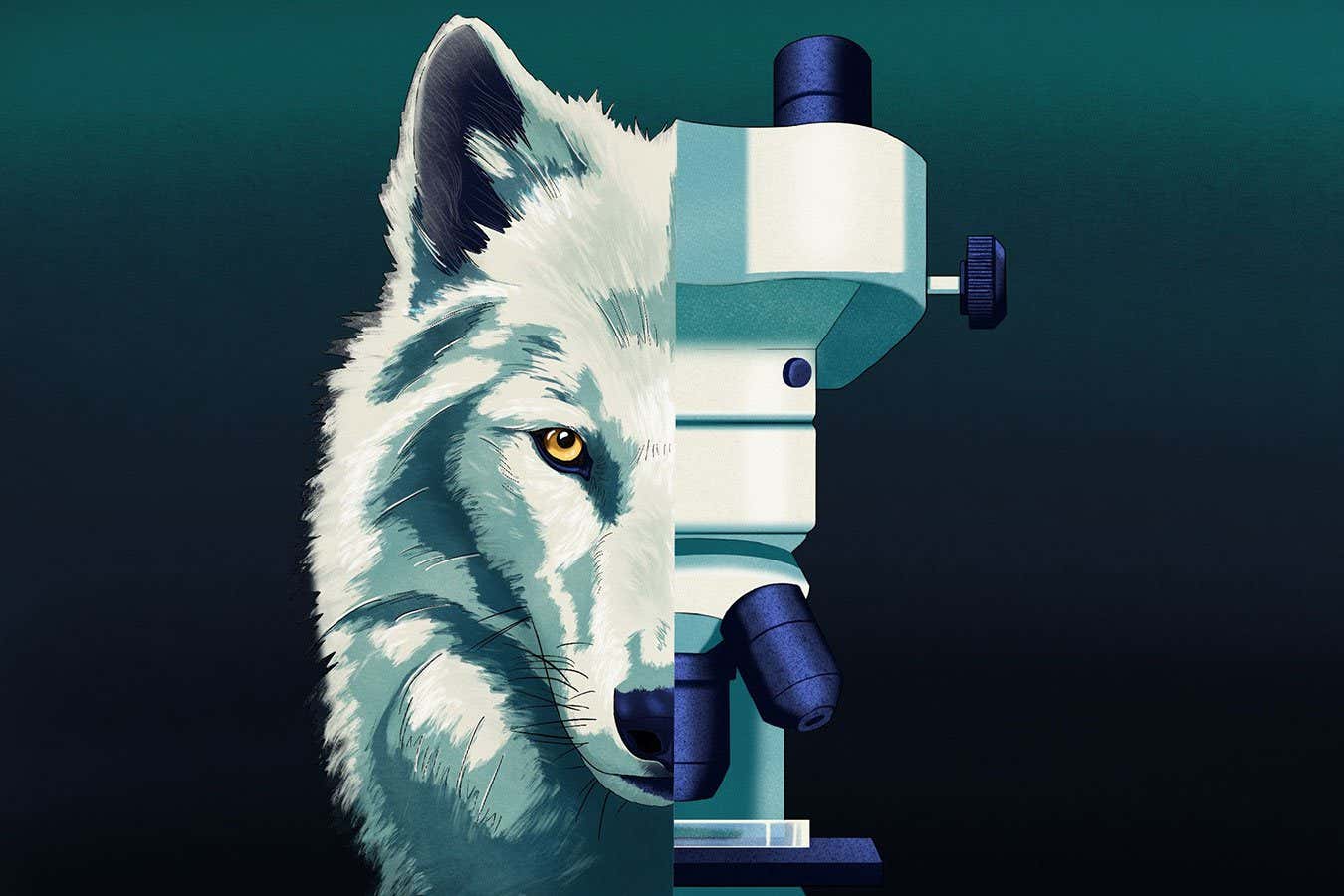Now Reading: De-Extinction: Can We Revive Lost Species, and Should We?
-
01
De-Extinction: Can We Revive Lost Species, and Should We?
De-Extinction: Can We Revive Lost Species, and Should We?

speedy Summary
- De-extinction Concept: Efforts are underway to “bring back” extinct species like dire wolves, dodos, woolly mammoths, and passenger pigeons using selective breeding or genetic modification.
- Dire wolves Project: Colossal Biosciences claims to have created gene-edited “dire wolves” by making 20 small changes to gray wolf cells. Experts argue these animals fall far short of true replicas or proxies of the extinct dire wolf.
- Scientific Verdict on Dire Wolves: The International Union for Conservation of Nature (IUCN) stated these wolves are neither true dire wolves nor ecological proxies for them.
- Passenger Pigeon Revival: Revive & Restore is exploring genetic engineering to create “proxy” birds resembling passenger pigeons. Forest experiments to study biodiversity impacts of recreated flocks are in the works.
- Challenges in De-extinction:
– DNA degradation over time limits accuracy in replicating ancient species.
– Genetic gaps make full resurrection impossible except for very recently extinct organisms wiht preserved cells (e.g.,black-footed ferrets).
– ecological shifts mean many revived species may lack roles within modern ecosystems.
- Economic Question Marks: Colossal’s de-extinction projects appear linked with developing profitable spin-off technologies like IVF advancements and artificial wombs.
Indian Opinion Analysis
India’s burgeoning biotechnology sector could closely observe global trends in de-extinction technologies as they offer insights into cutting-edge genetic engineering applications. While current efforts claim conservation benefits such as ecosystem restoration or climate management via proxies for extinct megafauna,scientific consensus raises concerns about their ecological efficacy and ethical implications.
For India-home to rich biodiversity under pressure from habitat loss-the notion of reviving locally extinct species may seem appealing but should be approached cautiously.Conservation efforts could instead prioritize protecting extant wildlife using proven methods rather than speculative de-extinction projects requiring significant resources with uncertain outcomes.
Moreover, lessons from this debate highlight how advanced genetics research can drive wider biotechnological innovations-from disease treatment breakthroughs to agriculture improvements-which India might leverage responsibly through its emphasis on sustainability-oriented scientific development.

























